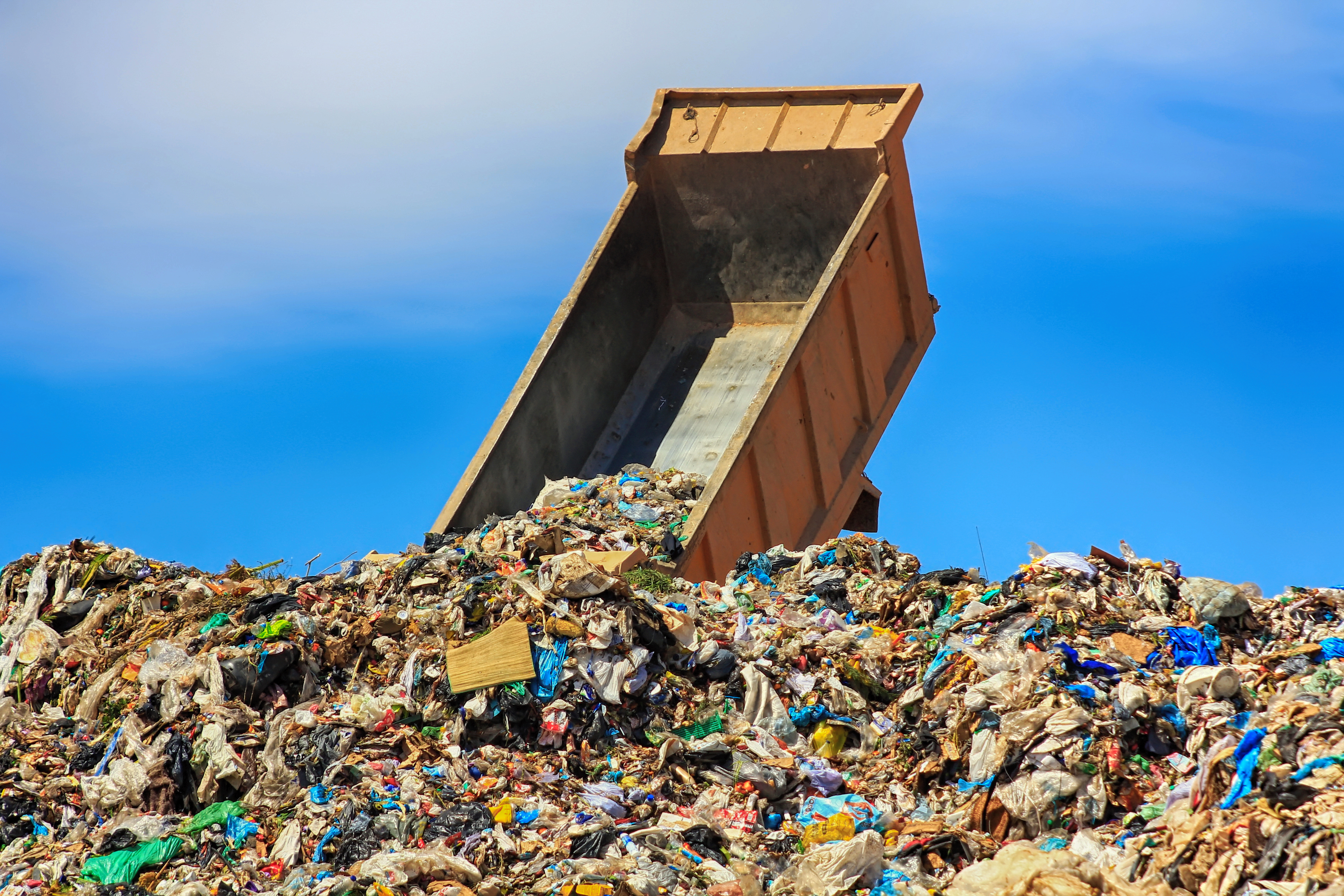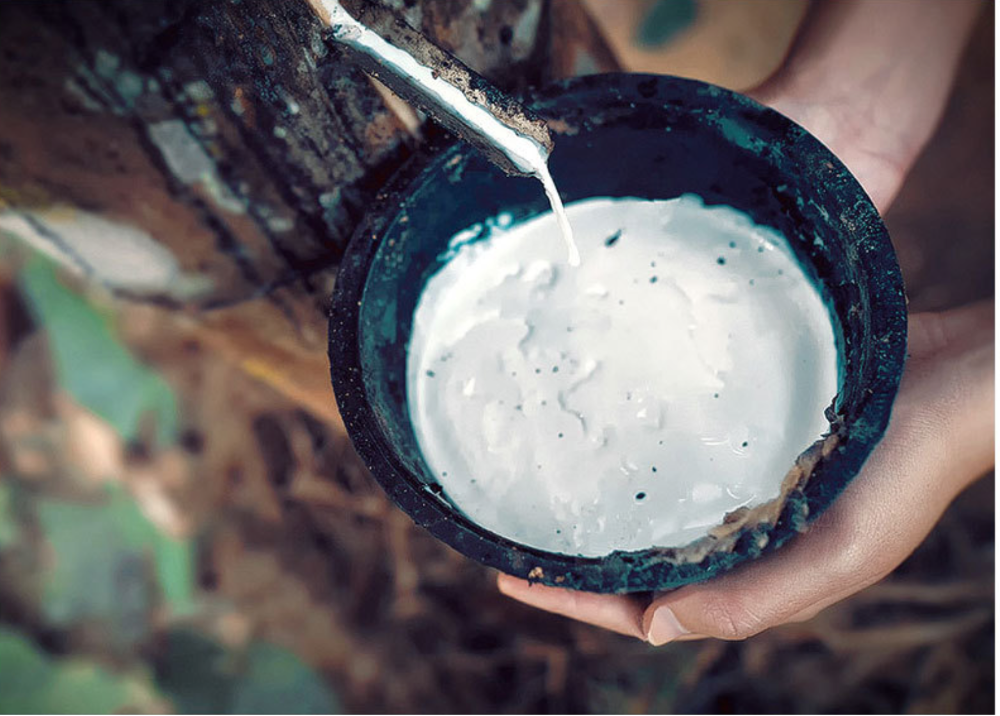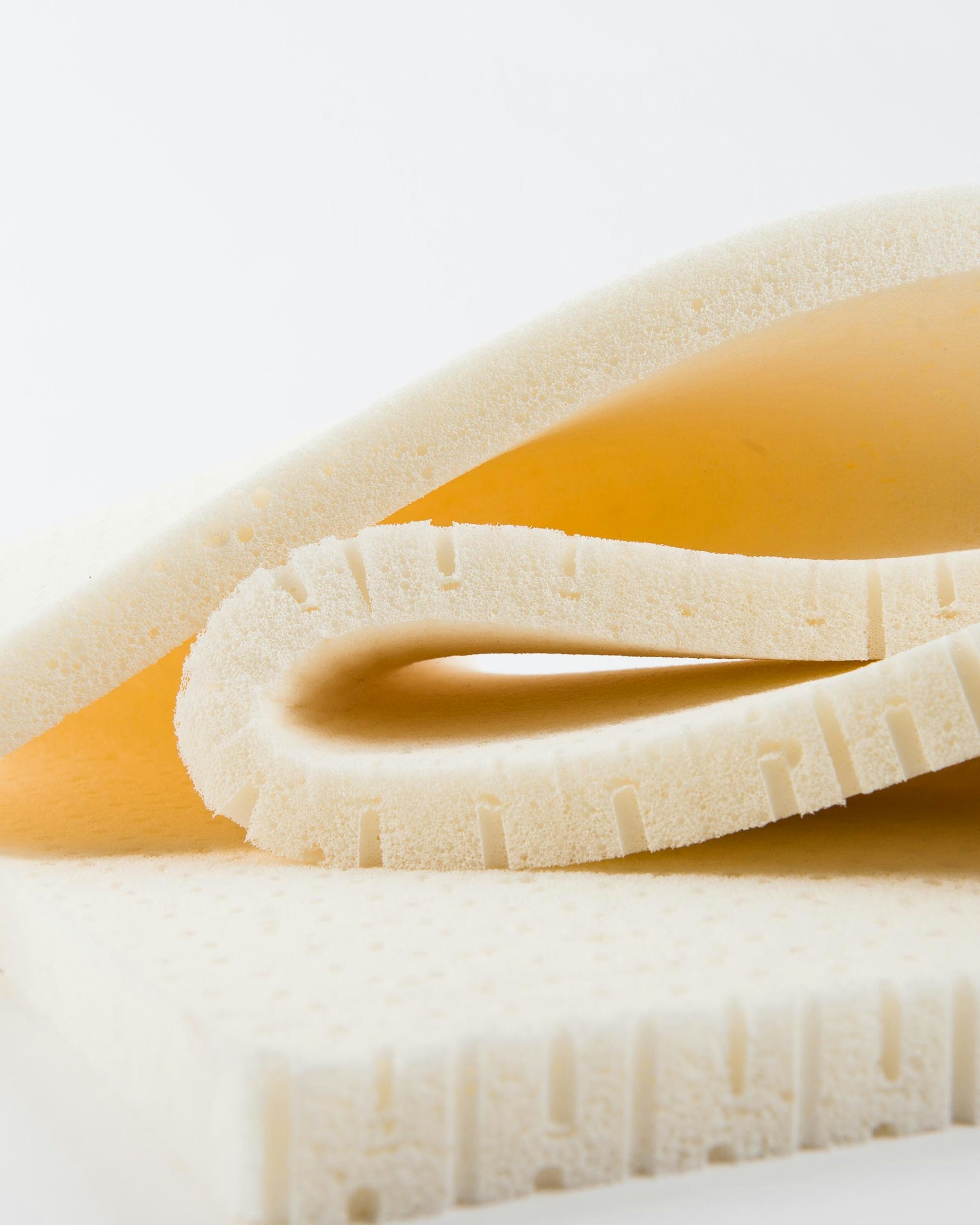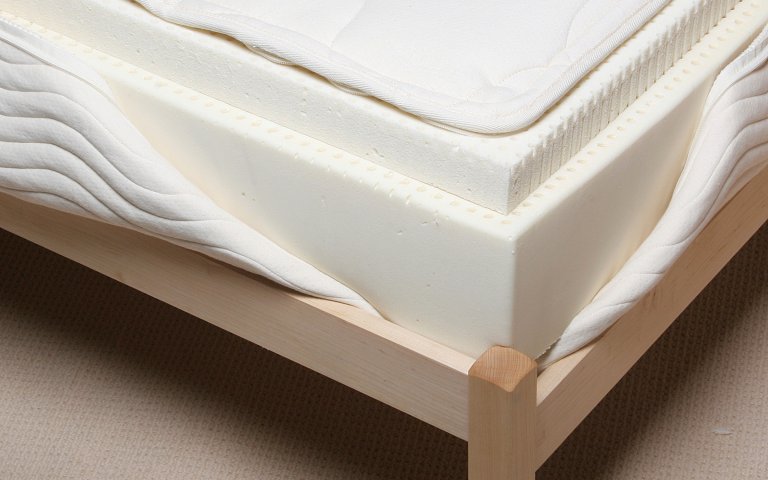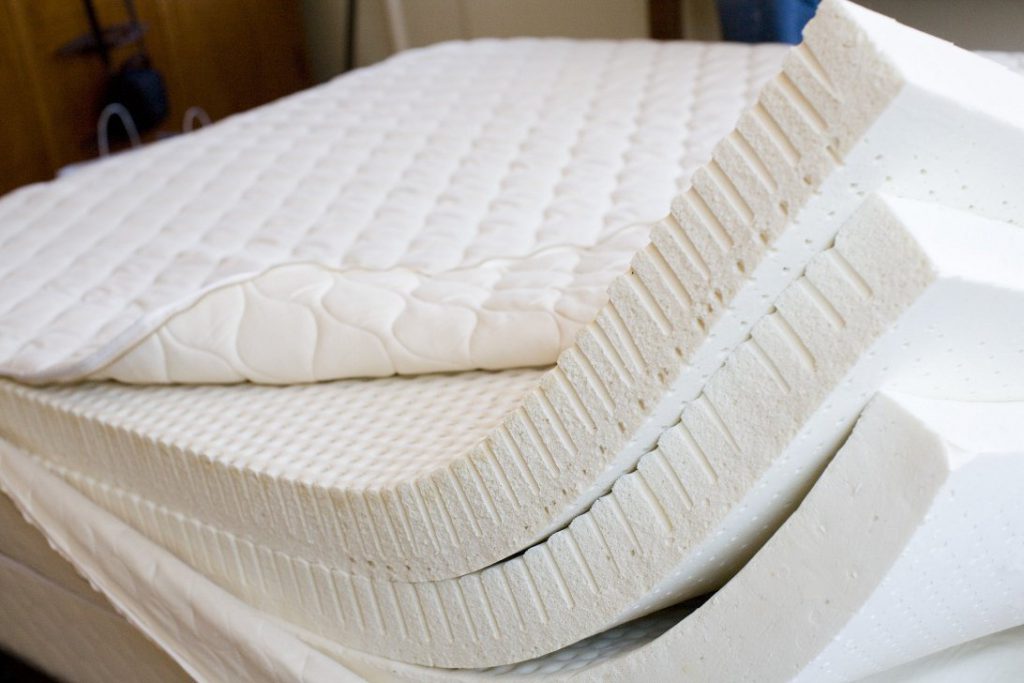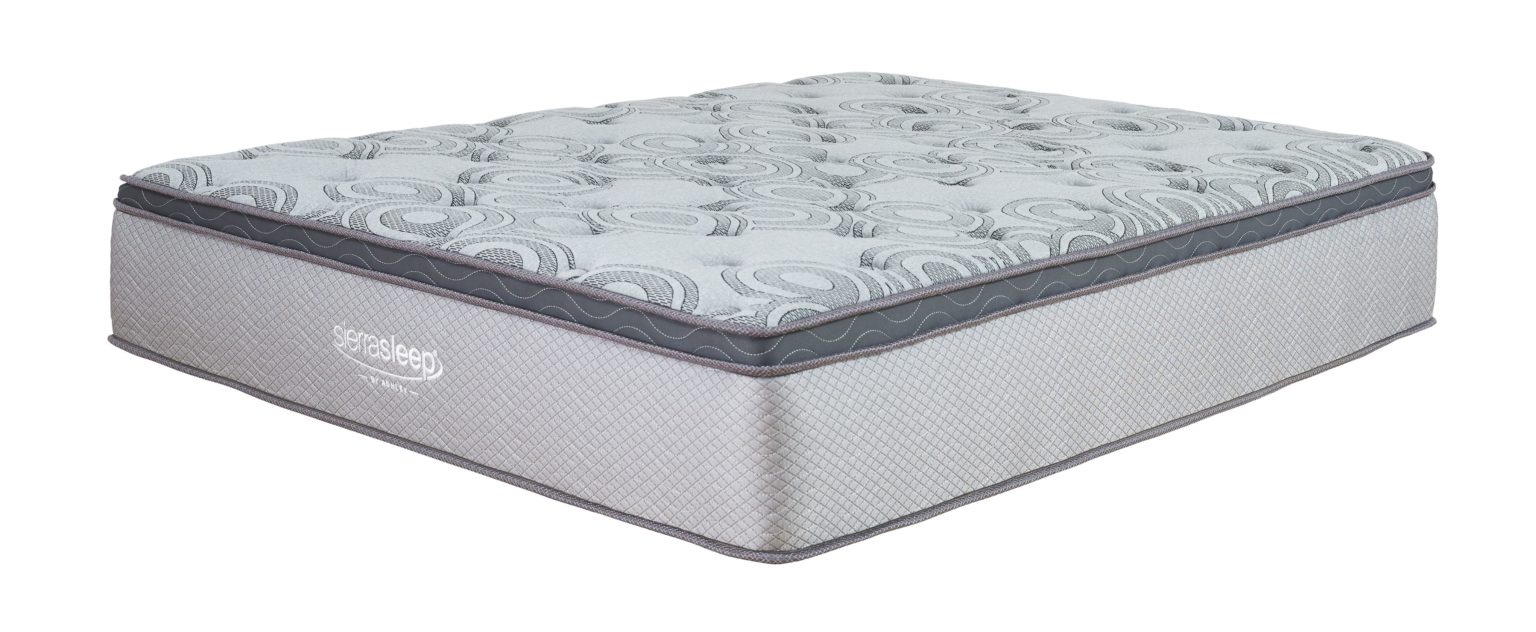Synthetic latex is a man-made material used in the production of various products, including mattresses. It is also known as styrene-butadiene rubber (SBR) or petroleum-based latex. Synthetic latex is created through a chemical process that involves the polymerization of monomers, typically derived from petroleum or natural gas. Unlike natural latex, which is derived from the sap of rubber trees, synthetic latex is a petroleum-based product and does not contain any natural components. This means that it is not considered a natural or organic material.What is Synthetic Latex?
The safety of synthetic latex has been a topic of debate in recent years. While the material itself is not toxic, the process of creating synthetic latex involves the use of chemicals that may have health implications. For instance, the use of petrochemicals in the production of synthetic latex has been linked to air pollution and greenhouse gas emissions, which can have a negative impact on the environment and human health. Additionally, some people may have allergies or sensitivities to the chemicals used in the production of synthetic latex. This can lead to skin irritation, respiratory issues, and other health problems. It is important to research and understand the potential risks associated with synthetic latex before purchasing a product that contains it.Is Synthetic Latex Safe?
The process of creating synthetic latex involves the use of petrochemicals, such as styrene and butadiene. These chemicals are mixed together and then heated to form a synthetic polymer, which is then cooled and processed into a liquid form. The liquid is then foamed, molded, and cured to create the final product, which can be used in the production of mattresses, pillows, and other household items.How is Synthetic Latex Made?
Synthetic latex has several benefits that make it a popular material in the production of mattresses. It is less expensive than natural latex, making it a more affordable option for consumers. It is also more durable and resistant to wear and tear, making it a long-lasting choice for those looking for a supportive and comfortable mattress. Additionally, synthetic latex is hypoallergenic and resistant to dust mites, making it a great option for people with allergies. It also has a consistent density throughout, providing a uniform level of support and comfort.What are the Benefits of Synthetic Latex?
No, synthetic latex is not biodegradable. It is a man-made material that is not derived from natural sources, so it cannot break down and decompose in the same way that natural latex can. This means that synthetic latex products will contribute to landfill waste and can have a negative impact on the environment.Is Synthetic Latex Biodegradable?
The production of synthetic latex involves the use of petrochemicals, which can have a negative impact on the environment. These chemicals contribute to air and water pollution, as well as greenhouse gas emissions. The extraction and processing of petroleum and natural gas also have a significant impact on the environment, including habitat destruction and the release of harmful toxins. Additionally, the non-biodegradable nature of synthetic latex means that it will not break down in landfills, contributing to the growing problem of waste and pollution.What are the Environmental Impacts of Synthetic Latex?
As mentioned earlier, some people may have allergies or sensitivities to the chemicals used in the production of synthetic latex. This can lead to skin irritation, respiratory issues, and other health problems. It is important to research and understand the potential risks associated with synthetic latex before purchasing a product that contains it. There have also been concerns about the long-term health effects of exposure to the chemicals used in the production of synthetic latex. While there is limited research on this topic, it is something to consider when choosing a mattress or other product made with synthetic latex.Are There Any Health Concerns with Synthetic Latex?
Synthetic and natural latex have some similarities, such as their ability to provide support and pressure relief. However, there are also significant differences between the two materials. Natural latex is derived from the sap of rubber trees, making it a natural and sustainable material. It is also biodegradable and does not contain any harsh chemicals. On the other hand, synthetic latex is a petroleum-based product that is not biodegradable and may contain potentially harmful chemicals. Additionally, natural latex is known for its breathability and ability to regulate temperature, while synthetic latex can trap heat and cause discomfort for some sleepers.How Does Synthetic Latex Compare to Natural Latex?
If you are concerned about the potential environmental and health impacts of synthetic latex, there are several alternative materials to consider when shopping for a mattress. Natural latex, as mentioned earlier, is a sustainable and biodegradable option that provides similar benefits to synthetic latex. Other options include organic cotton, wool, and plant-based memory foam. These materials are all natural and free from harmful chemicals, making them a safer and more eco-friendly choice for your mattress.What are the Alternatives to Synthetic Latex Mattresses?
If you already have a latex mattress and are unsure whether it is made with synthetic or natural latex, there are a few ways to tell. One way is to check the label or ask the manufacturer about the materials used in the production of the mattress. Another way is to look for certifications from organizations that verify the use of natural and organic materials, such as the Global Organic Textile Standard (GOTS) or the Global Organic Latex Standard (GOLS). You can also do a simple burn test to determine if your mattress is made with synthetic or natural latex. Natural latex will produce a white ash when burned, while synthetic latex will produce black smoke and a sticky residue.How Can I Tell if My Latex Mattress is Synthetic or Natural?
The Truth About Synthetic Latex Mattresses: Are They Toxic?

Understanding Synthetic Latex Mattresses
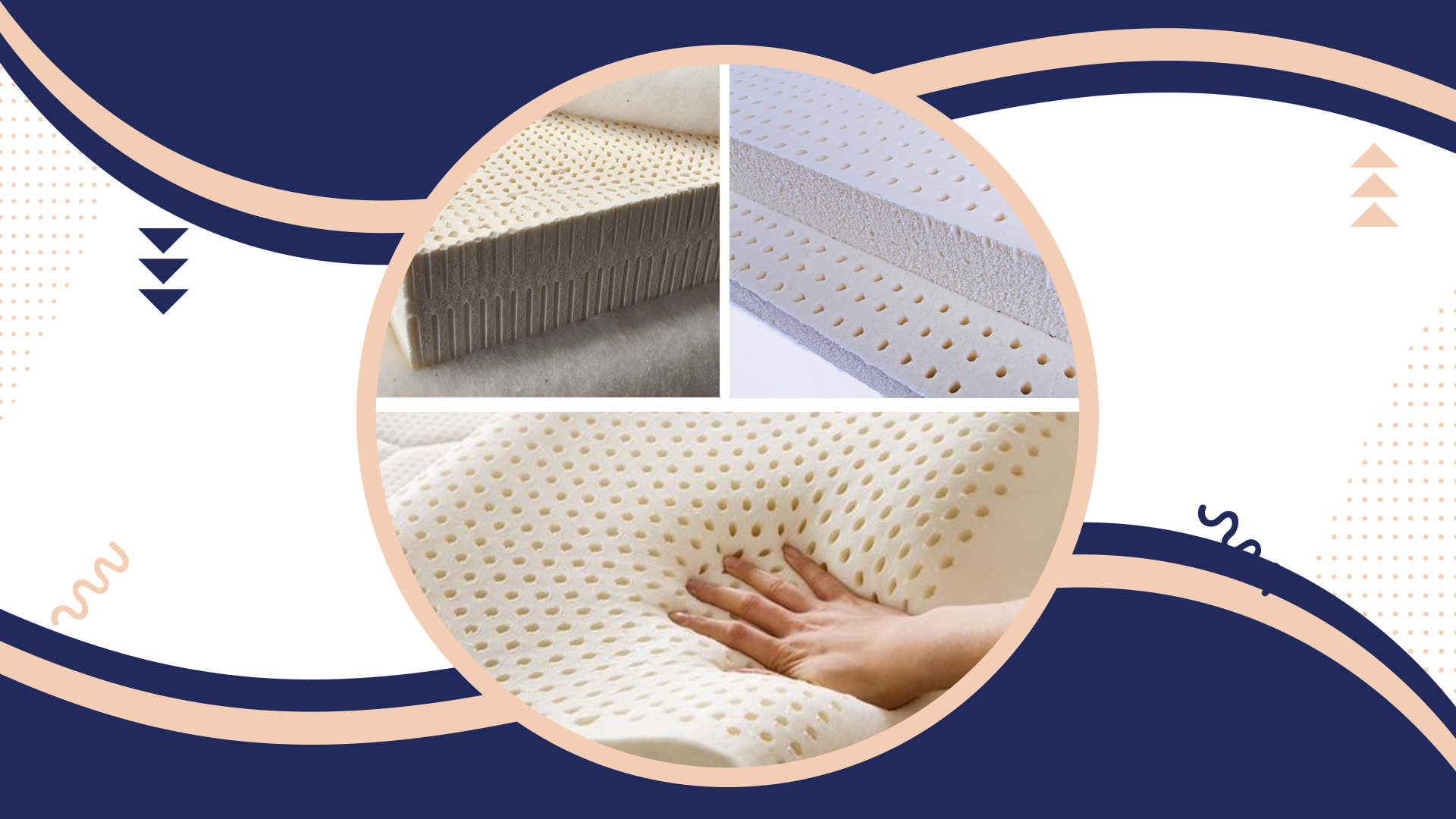 Synthetic latex mattresses have been gaining popularity in recent years as an alternative to traditional mattresses made from natural materials like cotton or wool. Made from a combination of petroleum-based chemicals and synthetic polymers, synthetic latex mattresses are known for their durability and affordability. However, concerns have been raised about the potential toxicity of these mattresses and their impact on our health.
Synthetic latex mattresses have been gaining popularity in recent years as an alternative to traditional mattresses made from natural materials like cotton or wool. Made from a combination of petroleum-based chemicals and synthetic polymers, synthetic latex mattresses are known for their durability and affordability. However, concerns have been raised about the potential toxicity of these mattresses and their impact on our health.
Chemicals Used in Synthetic Latex Mattresses
 One of the main concerns about synthetic latex mattresses is the chemicals used in their production. These mattresses are typically made from a synthetic form of rubber called styrene-butadiene rubber (SBR), which is derived from petroleum. SBR is then mixed with various other chemicals, including formaldehyde, to create the synthetic latex foam used in mattresses.
Formaldehyde
is a known
carcinogen
and can cause irritation to the skin, eyes, and respiratory system. It has been linked to various health issues, including respiratory problems, allergies, and even cancer. Exposure to formaldehyde emissions from synthetic latex mattresses can be particularly harmful, especially for those with respiratory issues or allergies.
One of the main concerns about synthetic latex mattresses is the chemicals used in their production. These mattresses are typically made from a synthetic form of rubber called styrene-butadiene rubber (SBR), which is derived from petroleum. SBR is then mixed with various other chemicals, including formaldehyde, to create the synthetic latex foam used in mattresses.
Formaldehyde
is a known
carcinogen
and can cause irritation to the skin, eyes, and respiratory system. It has been linked to various health issues, including respiratory problems, allergies, and even cancer. Exposure to formaldehyde emissions from synthetic latex mattresses can be particularly harmful, especially for those with respiratory issues or allergies.
Potential Health Risks
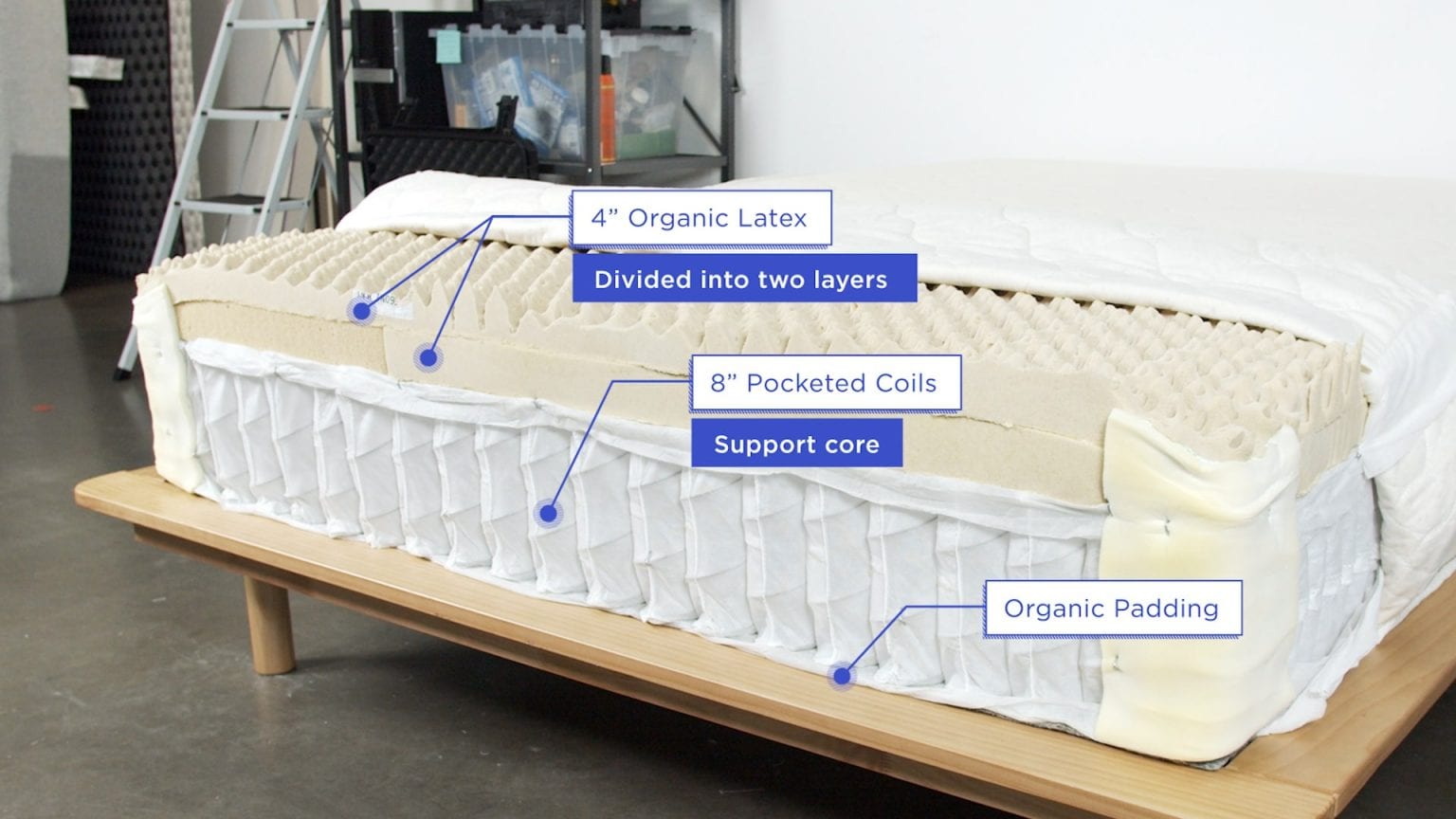 The use of chemicals in synthetic latex mattresses has raised concerns about potential health risks, especially for those who are sensitive to chemicals or have pre-existing health conditions. Sleeping on a mattress that emits formaldehyde can cause respiratory problems, skin irritation, and other health issues. Moreover, the chemicals used in synthetic latex mattresses can also release
volatile organic compounds (VOCs)
into the air, which can be harmful to our health when inhaled.
The use of chemicals in synthetic latex mattresses has raised concerns about potential health risks, especially for those who are sensitive to chemicals or have pre-existing health conditions. Sleeping on a mattress that emits formaldehyde can cause respiratory problems, skin irritation, and other health issues. Moreover, the chemicals used in synthetic latex mattresses can also release
volatile organic compounds (VOCs)
into the air, which can be harmful to our health when inhaled.
How to Reduce Exposure to Toxic Chemicals
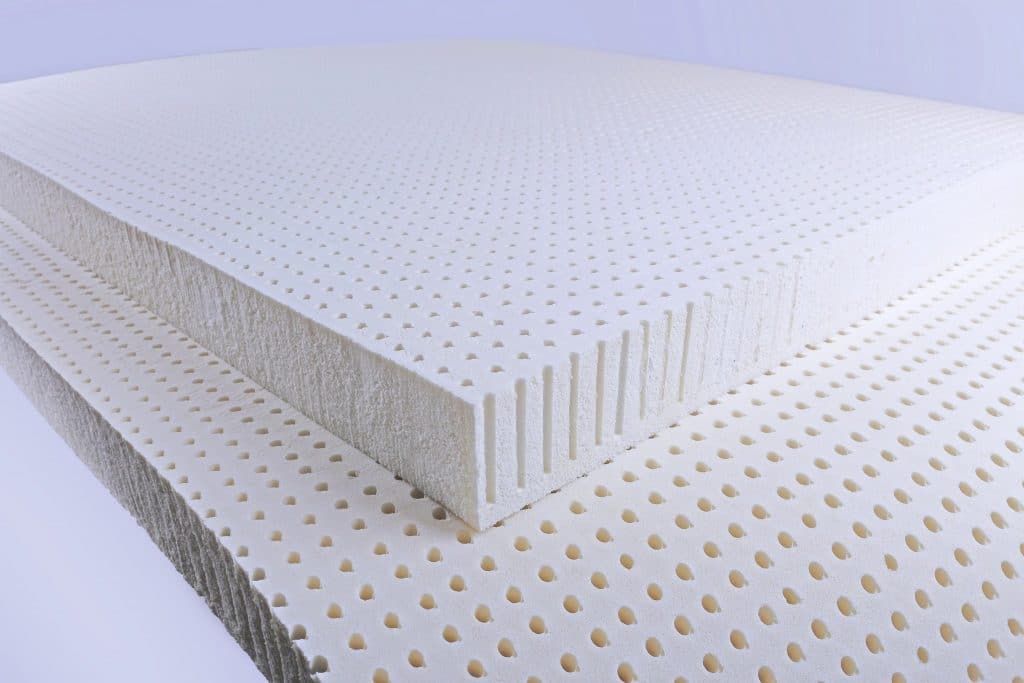 While synthetic latex mattresses may offer a more affordable option, the potential health risks associated with their use cannot be ignored. However, there are ways to reduce exposure to toxic chemicals when using a synthetic latex mattress. One option is to opt for a natural latex mattress, which is made from natural latex derived from rubber trees and does not contain any harmful chemicals. Another option is to choose a certified organic mattress, which has been tested and verified to be free from harmful chemicals.
While synthetic latex mattresses may offer a more affordable option, the potential health risks associated with their use cannot be ignored. However, there are ways to reduce exposure to toxic chemicals when using a synthetic latex mattress. One option is to opt for a natural latex mattress, which is made from natural latex derived from rubber trees and does not contain any harmful chemicals. Another option is to choose a certified organic mattress, which has been tested and verified to be free from harmful chemicals.
The Bottom Line
 In conclusion, synthetic latex mattresses may be a cost-effective and durable option, but they come with potential health risks due to the chemicals used in their production. It's essential to carefully consider the materials used in your mattress and opt for natural or certified organic options to reduce exposure to toxic chemicals. After all, a good night's sleep should not come at the cost of our health.
In conclusion, synthetic latex mattresses may be a cost-effective and durable option, but they come with potential health risks due to the chemicals used in their production. It's essential to carefully consider the materials used in your mattress and opt for natural or certified organic options to reduce exposure to toxic chemicals. After all, a good night's sleep should not come at the cost of our health.







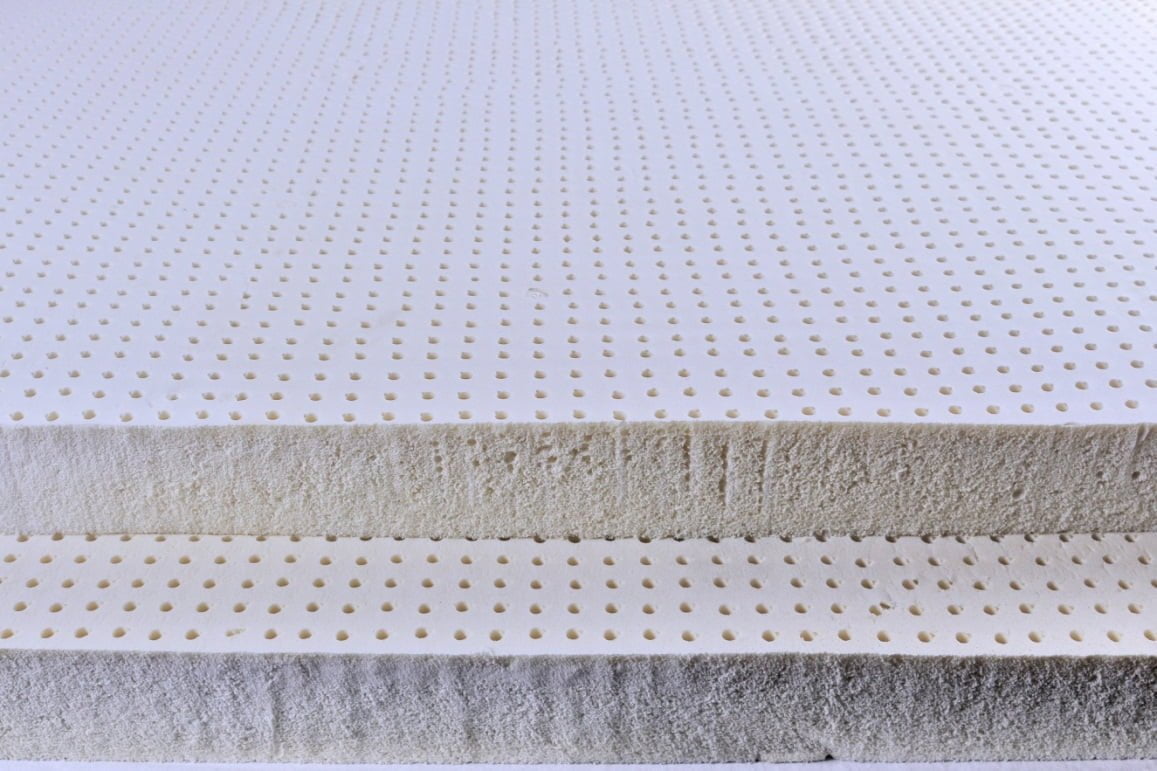
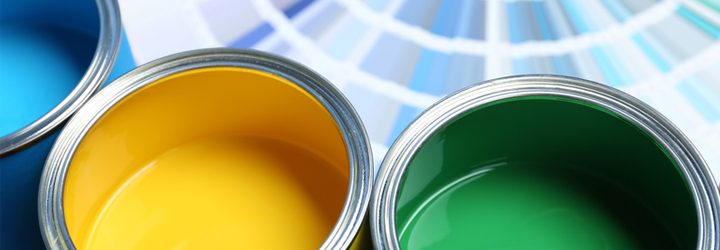



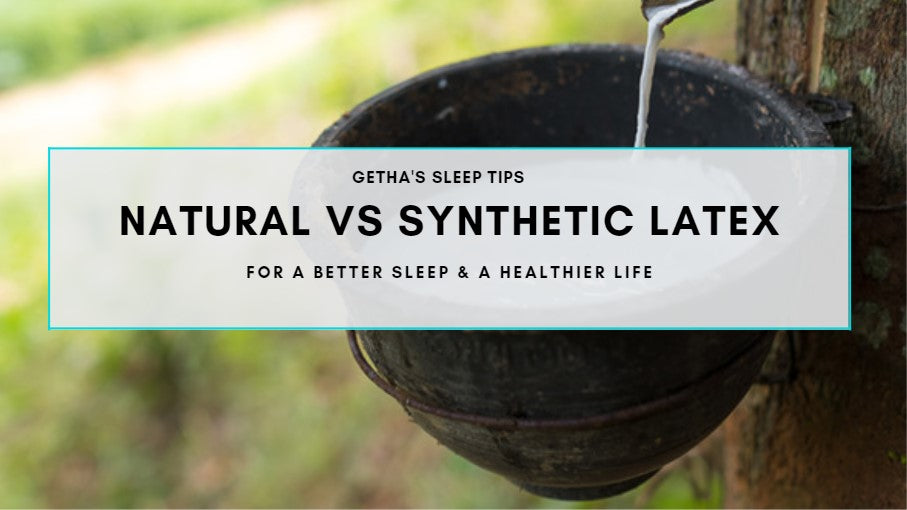
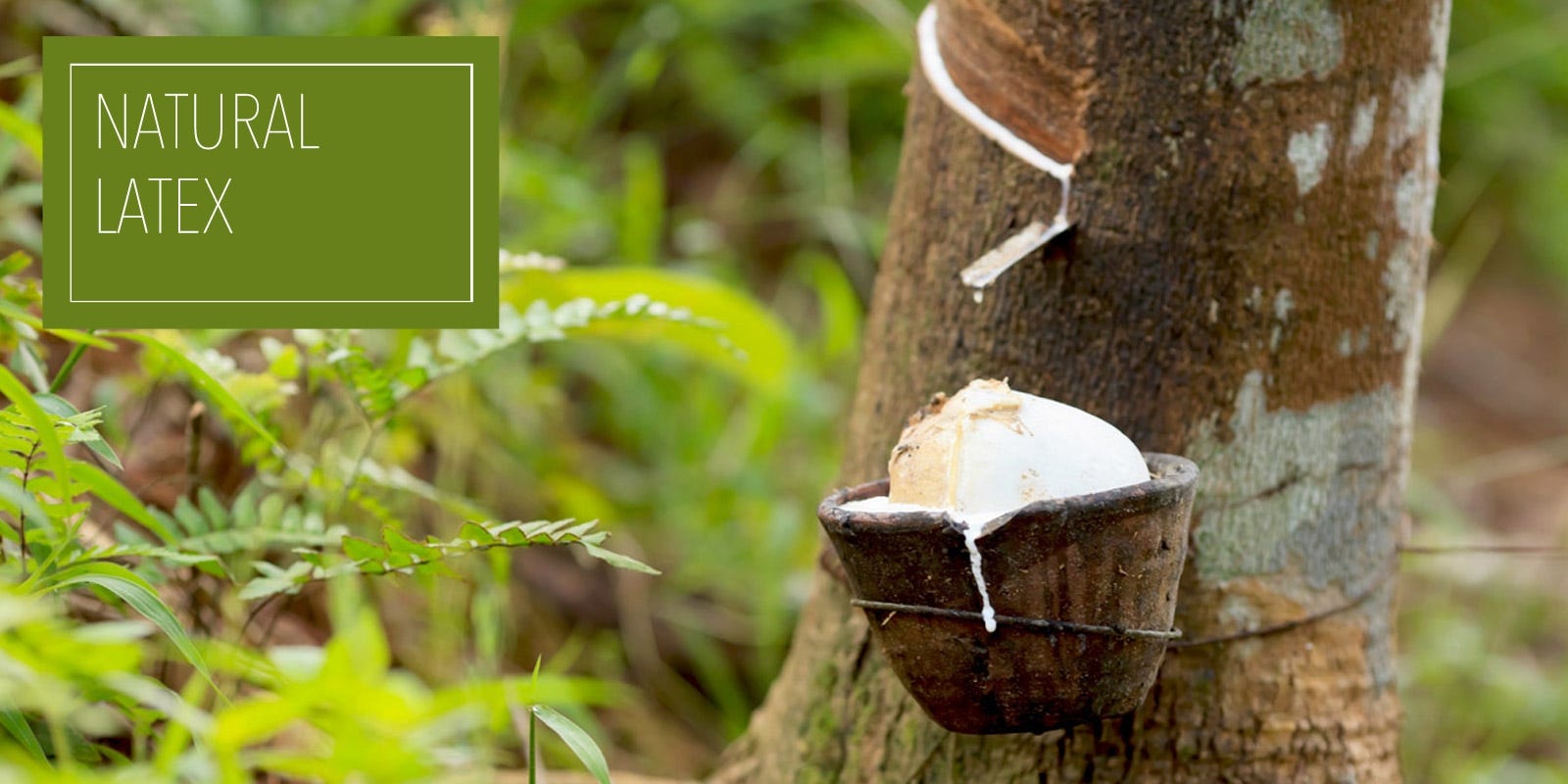



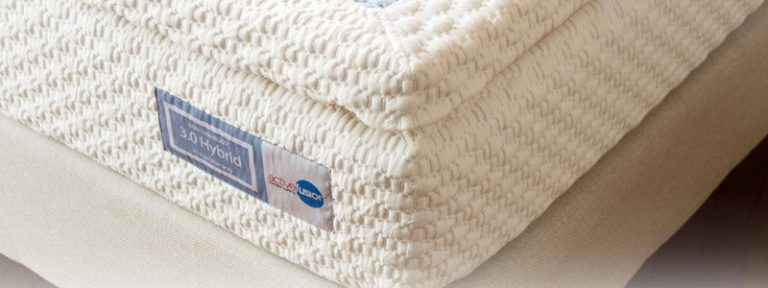


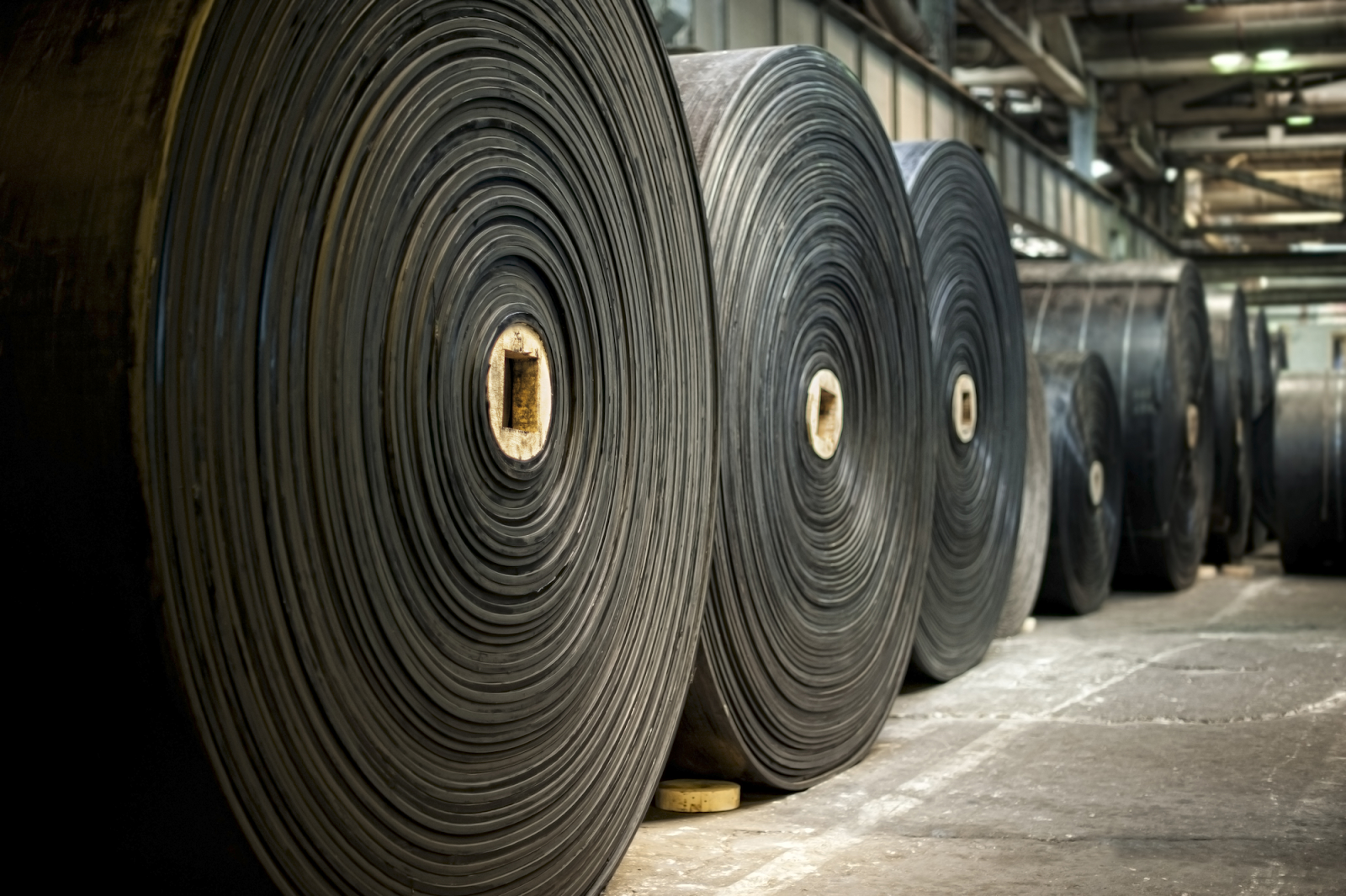


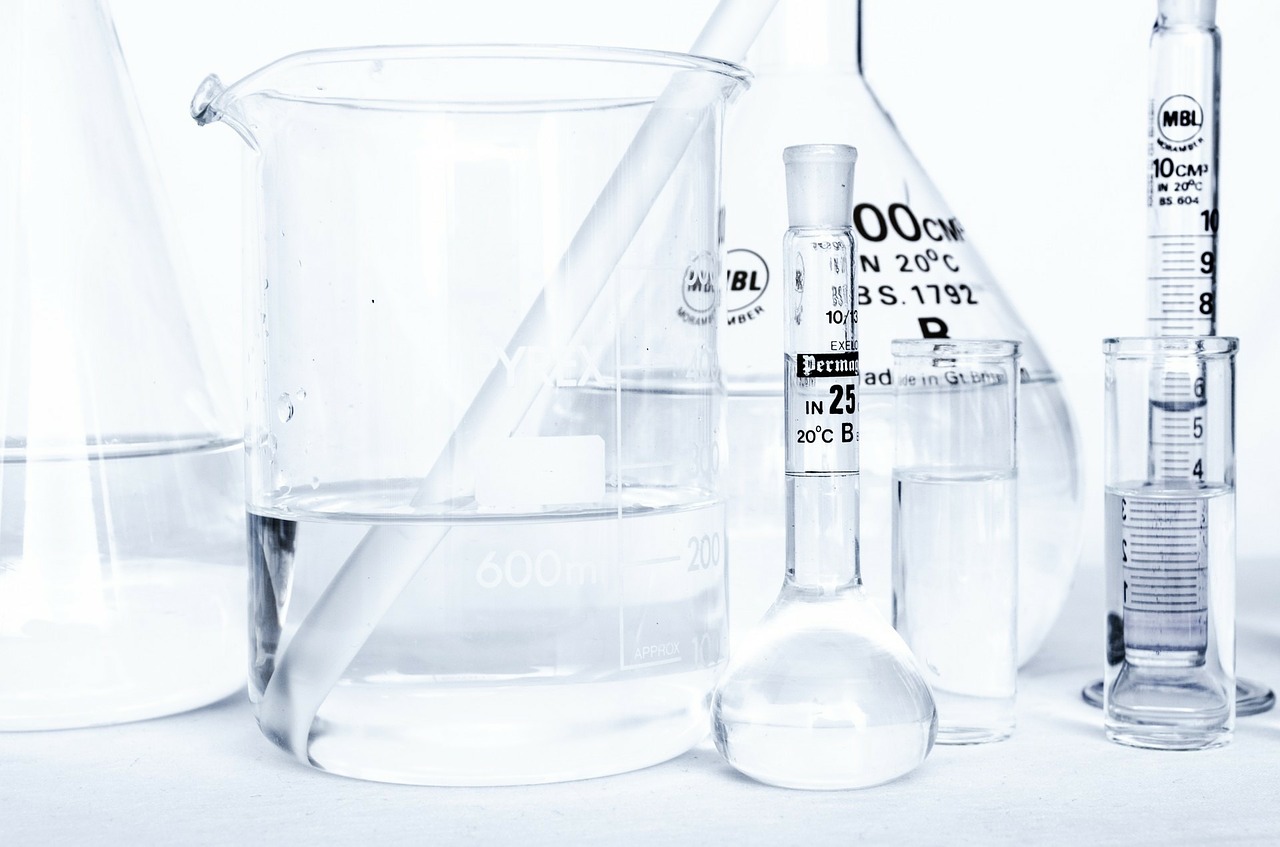
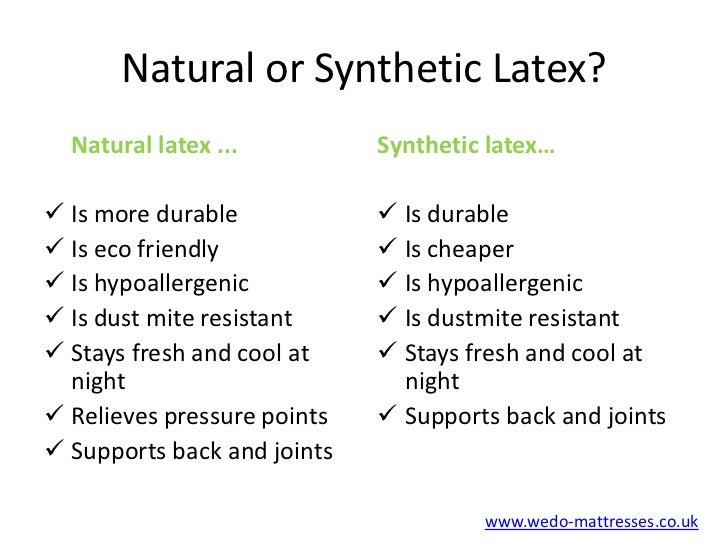











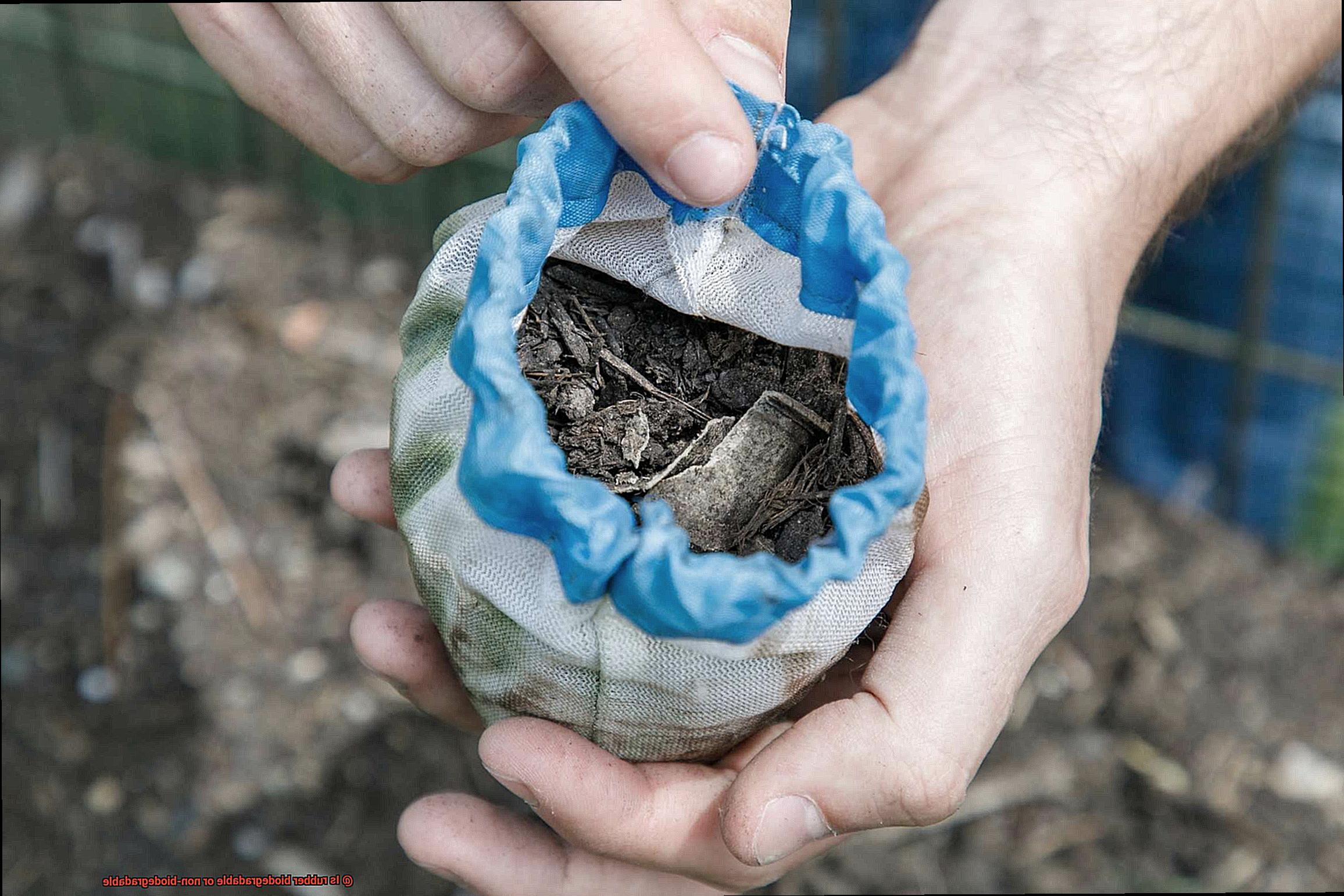




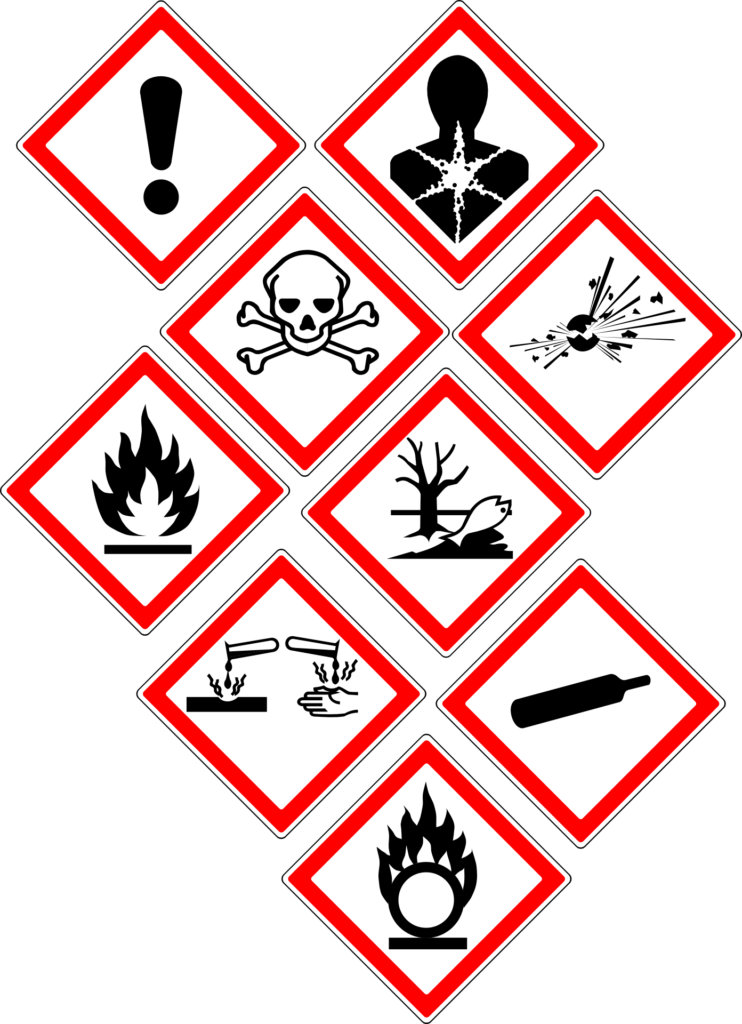


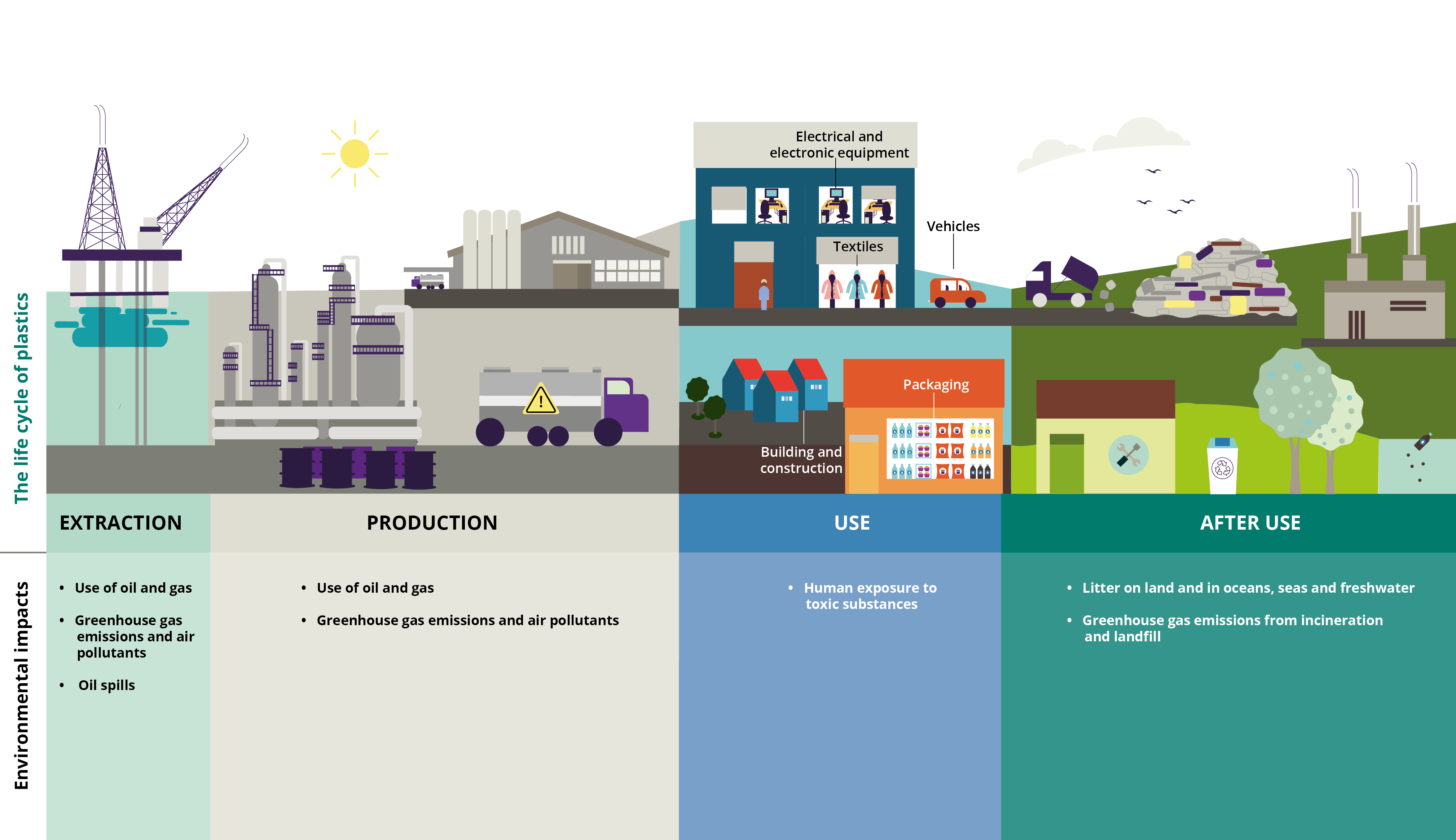




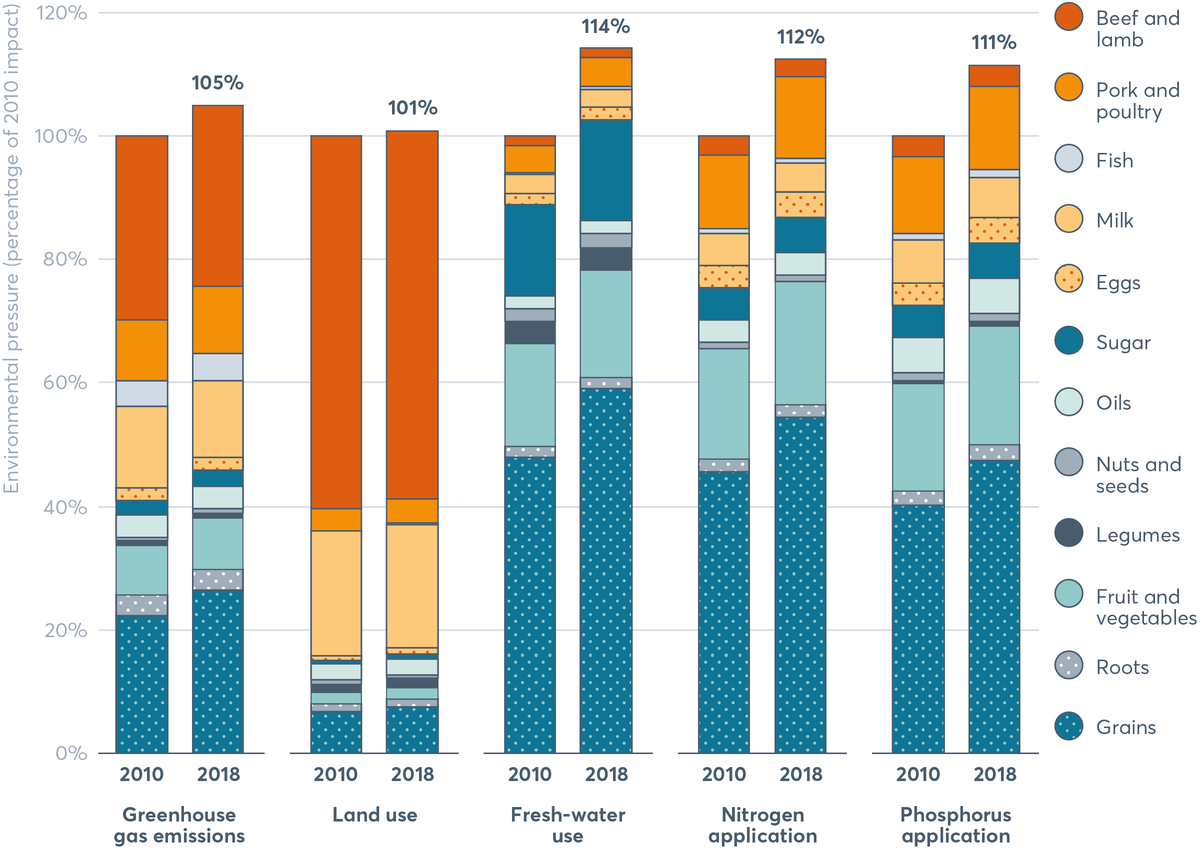
:max_bytes(150000):strip_icc()/woman-choosing-what-to-wear-1265568128-8aad9c3231a94d74815f97fdc79c3e3e.jpg)

